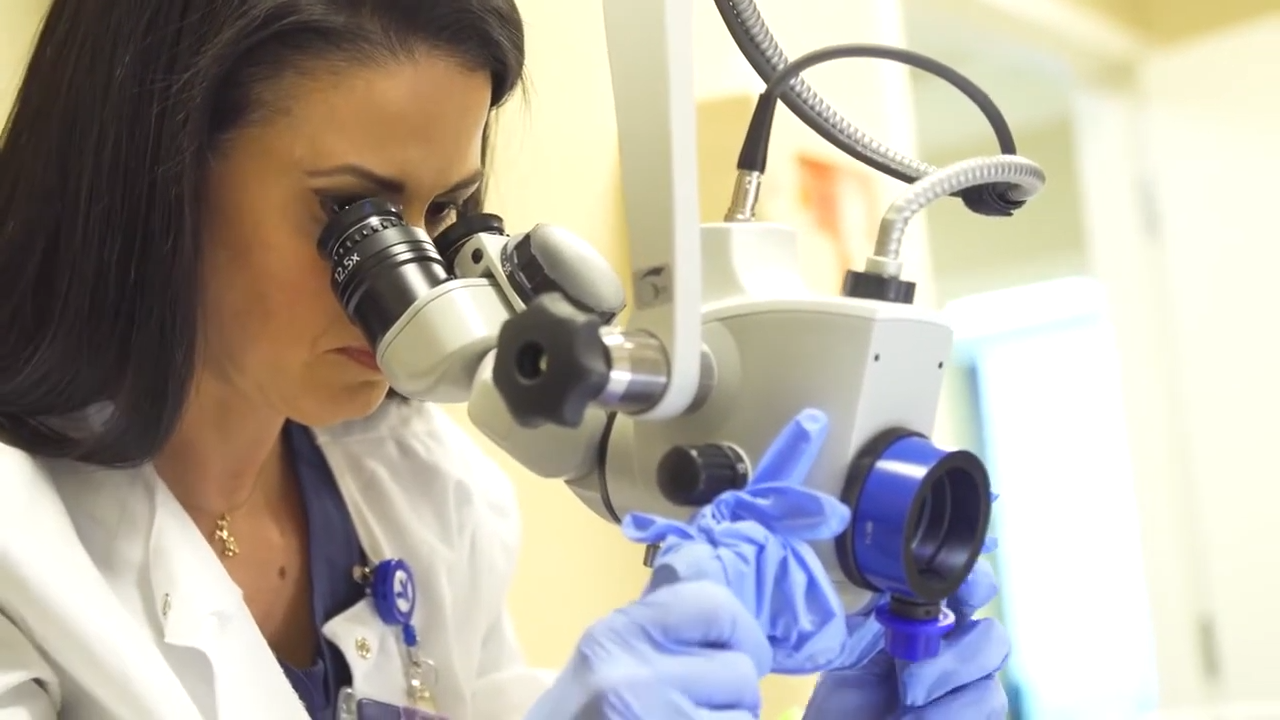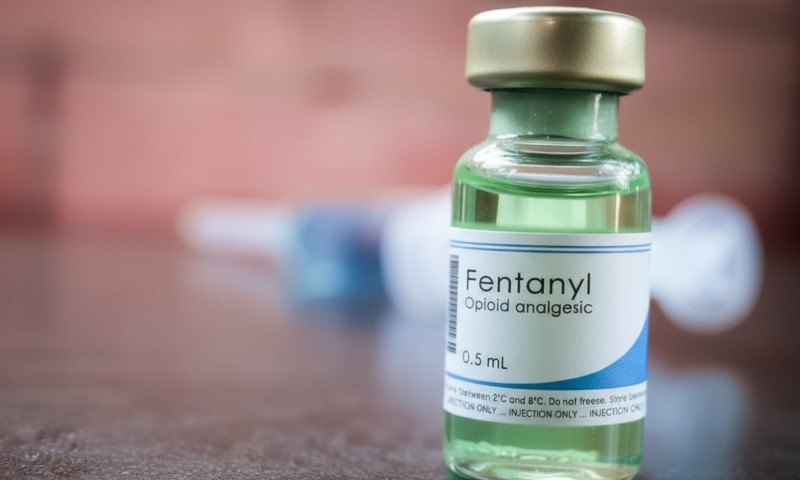If you’ve ever been curious about combining a passion for nursing with an interest in the justice system, might just be your calling.
This unique field brings together healthcare and legal expertise, offering a way to care for patients while contributing to criminal investigations and legal proceedings.
Forensic nursing is a rapidly evolving profession with various career paths, leading to significant differences in salary.
According to PayScale, forensic nurses earn an average of $35.44 per hour, or about $85,000 annually.
While this figure is somewhat lower than the average salary for hospital-based nurses, who typically earn a median annual wage of $88,430 according to the Bureau of Labor Statistics (BLS), forensic nurses often work in the private sector, where pay may be lower
However, there are a few things you should consider.
Table of ContentsKey Takeaway
What Is Forensic Nursing?
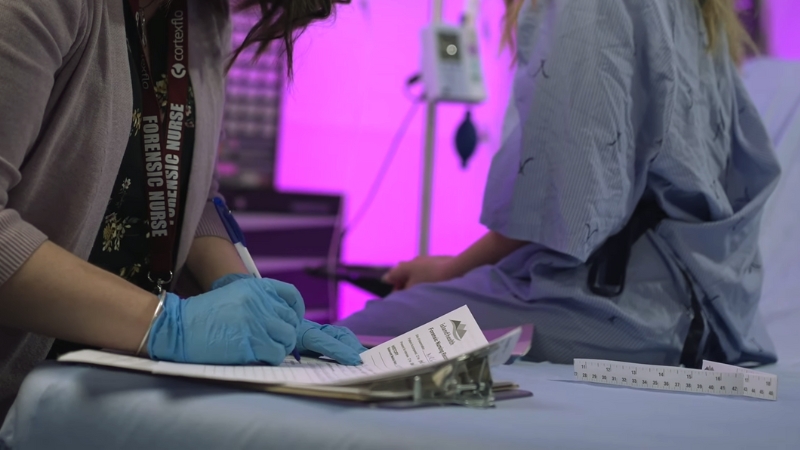
Forensic nursing is a specialized area that merges the healthcare field with forensic science. It involves providing care for individuals affected by violence, abuse, or trauma, while also playing a key role in collecting and preserving evidence that could be crucial in legal cases.
Key Responsibilities
- Assessing and Treating Victims: Whether it’s caring for survivors of sexual assault or victims of domestic violence, forensic nurses are trained to provide both medical and emotional support.
- Documenting and Preserving Evidence: From photographing injuries to collecting DNA samples, forensic nurses ensure that crucial evidence is properly documented and preserved for legal use.
- Legal Testimony: It may be called upon to testify in court, offering expert opinions based on their clinical findings.
- Emotional Support and Counseling: Beyond physical care, forensic nurses provide vital emotional support, helping victims and their families navigate incredibly difficult situations.
Areas of Specialization
Sexual Assault Nurse Examiner (SANE)
SANEs are trained to care for sexual assault survivors, conducting forensic examinations and collecting evidence. They play a crucial role in the justice system by providing compassionate care while also ensuring that critical evidence is available for prosecution.
Forensic Clinical Nurse Specialist
A forensic clinical nurse specialist is an advanced practice nurse focused on the field of forensics.
They play a vital role in bridging medical care and the legal system. They assist victims of violence, gather and document evidence, and sometimes testify in legal proceedings.
Their work can span various subspecialties, such as nurse death investigations, psychiatric nursing, or sexual assault examinations.
According to the International Association of Forensic Nurses, this field applies nursing science to public or legal matters. Although forensic nursing is still a developing field, it is growing in recognition and importance.
Forensic Nurse Death Investigator
Members in the News: Thank you for your amazing work, Katherine Scafide! https://t.co/AnVw1orj3X #forensicnurses #forensicnursing
— Forensic Nurses (@ForensicNurses) March 22, 2022
If you have an interest in determining the cause and manner of death in unexplained cases, this role might appeal to you. Forensic Nurse Death Investigators work closely with medical examiners and law enforcement to uncover the details of suspicious deaths.
Forensic Psychiatric Nurse
This specialty involves caring for offenders and individuals with mental health issues within legal settings. These nurses often work in correctional facilities or psychiatric units, providing both therapeutic and forensic evaluations.
Educational Pathways and Certifications
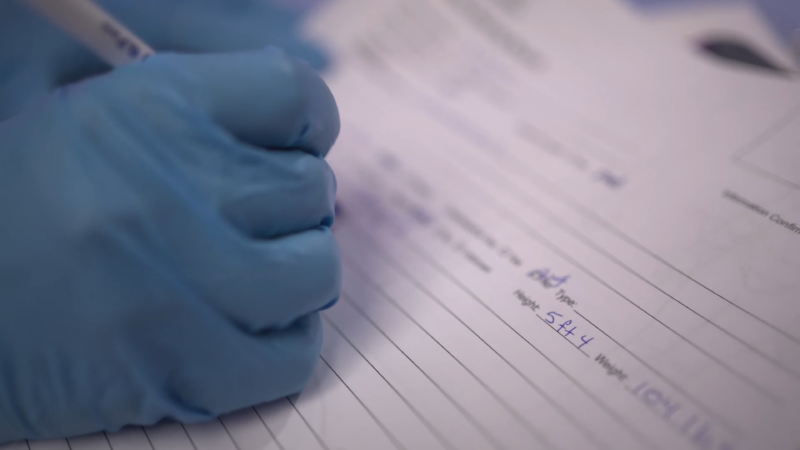
Starting with a Nursing Degree
To become, the journey typically begins with an Associate Degree in Nursing (ADN) or a Bachelor of Science in Nursing (BSN). After completing one of these programs, you’ll need to pass the NCLEX-RN to obtain your nursing license.
Nursing Certificate Programs
In some states and situations, qualifications may be met with relevant clinical experience as a registered nurse (RN). However, completing forensic nursing certificate programs can better prepare you for the role.
These programs usually combine classroom education and clinical training, often focusing on specialized areas of nursing, such as Sexual Assault Nurse Examiner (SANE) certification.
Some employers may prefer candidates who hold an advanced degree, like a Master of Science in Nursing (MSN). For those interested in both nursing and law, certain degree programs offer a focus on forensic nursing or even a dual master’s degree in nursing and criminal justice.
Regardless of whether you pursue certification or an advanced degree, gaining clinical experience is crucial before seeking forensic nursing positions. Areas such as medical-surgical, pediatric, or psychiatric nursing can provide valuable experience with populations that forensic nurses typically work with.
Pursuing an MSN
For those looking to take their career to the next level, a Master of Science in Nursing (MSN) with a focus on nursing offers advanced training in both nursing and forensic science.
This degree can open doors to leadership roles, such as program coordinators or clinical educators, and provide specialized skills that are in high demand. If you’re interested in learning more, click here to explore the program details.
But suppose you want to become a nurse in just 12 months. In that case, it’s important to know that while most traditional nursing programs take 2-4 years to complete, accelerated nursing programs are designed for those who already have a non-nursing bachelor’s degree or relevant healthcare experience.
These intensive programs allow students to earn their nursing credentials in about 12-18 months by compressing coursework and clinical training. However, they require a significant time commitment and are typically more rigorous than standard programs. Students must be prepared for a fast-paced learning environment to succeed in such a program.
Cost Breakdown
The cost of obtaining a Master of Science in Nursing (MSN) in Forensic Nursing can vary significantly based on factors such as the type of school (online vs. on-campus) and the location of the institution.
According to U.S. News, the average cost of an MSN program ranges from $35,000 to $60,000. The variation in cost is largely influenced by the cost per credit hour, which typically falls between $700 and $1,500.
Here’s a table summarizing the estimated costs:
Cost Factor
Range
Total Program Cost
$35,000 – $60,000
Cost per Credit Hour
$700 – $1,500
Total Credit Hours Required
Varies by program
The total cost of your MSN will depend on the specific program you choose and the number of credit hours required for completion.
Certifications
Obtaining certifications can further solidify your expertise. Organizations like the International Association of Forensic Nurses (IAFN) offer certifications for Sexual Assault Nurse Examiners (SANE), while the American College of Forensic Examiners Institute (ACFEI) offers Advanced Forensic Nurse (AFN) certifications.
Career Prospects and Advancement
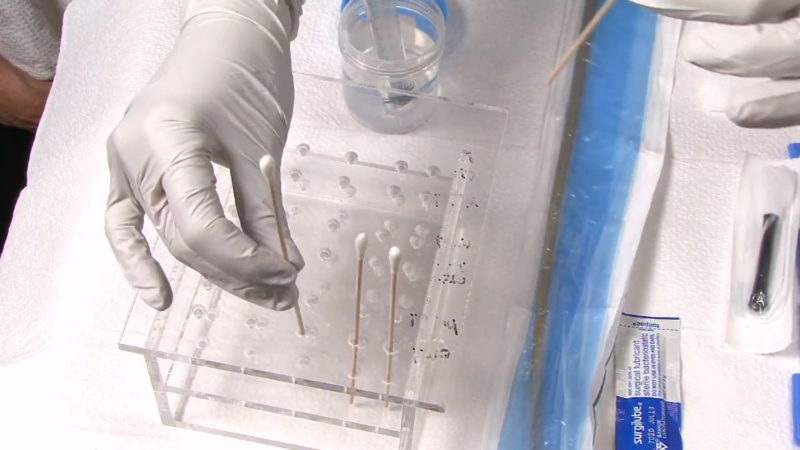
This offers a variety of career paths and opportunities for growth. Depending on your interests and experience, you could work in settings such as hospitals, forensic labs, law enforcement agencies, psychiatric units, or even medical examiners’ offices.
Employment Setting
Description
Hospitals and Clinics
In these settings often work with victims of violence, providing medical care and collecting evidence.
Law Enforcement Agencies
Some nurses work directly with police departments or as part of crime scene investigation teams.
Correctional Facilities
Providing care for inmates, often involving psychiatric evaluations.
Medical Examiner’s Offices
Assisting with autopsies and helping determine the cause of death in suspicious cases.
Continuing Education and Advanced Roles
- Program Coordinator or Clinical Educator: Overseeing forensic nursing programs or training new forensic nurses.
- Research and Policy Development: Engaging in research to improve practices or developing policies to guide the field.
Is This Right for You?
This is a field that demands both clinical expertise and emotional resilience.
You’ll be working with individuals at some of the most vulnerable moments in their lives and, in many cases, the work you do will have a lasting impact on their pursuit of justice and healing.
If you’re drawn to the idea of providing compassionate care while playing a pivotal role in the legal system, forensic nursing could be an incredibly rewarding path.
It’s not an easy job, but for those with the right combination of empathy, curiosity, and determination, it can be a profoundly fulfilling career.
Methodology
This article was structured by first defining forensic nursing and its key roles.
Then, it outlined various areas of specialization and required educational pathways.
We provided cost breakdowns for advanced degrees and certifications, followed by a summary of career prospects.
Finally, we included key takeaways to offer concise and actionable insights for readers.
References:
- PayScale – Salary for Skill: Forensic Nursing
- BLS – Registered Nurses
- MayoClinic – Domestic violence against women: Recognize patterns, seek help
- Forensicnursing.org – Forensic Nursing
- Nursejournal.org – Bachelor of Science in Nursing (BSN) Overview
Related Posts:
- Why You Should Consider Veneers in Dubai for Your…
- The Rise of Online Nursing Programs - Are They the…
- How a Post-Master's FNP Certificate Can Transform…
- How Much Do Retainers Cost? Price Ranges You Should Know
- Omaha Population 2025 - Stats You Should Know
- 12 Stats About Chicago’s Population in 2025 You Should Know


